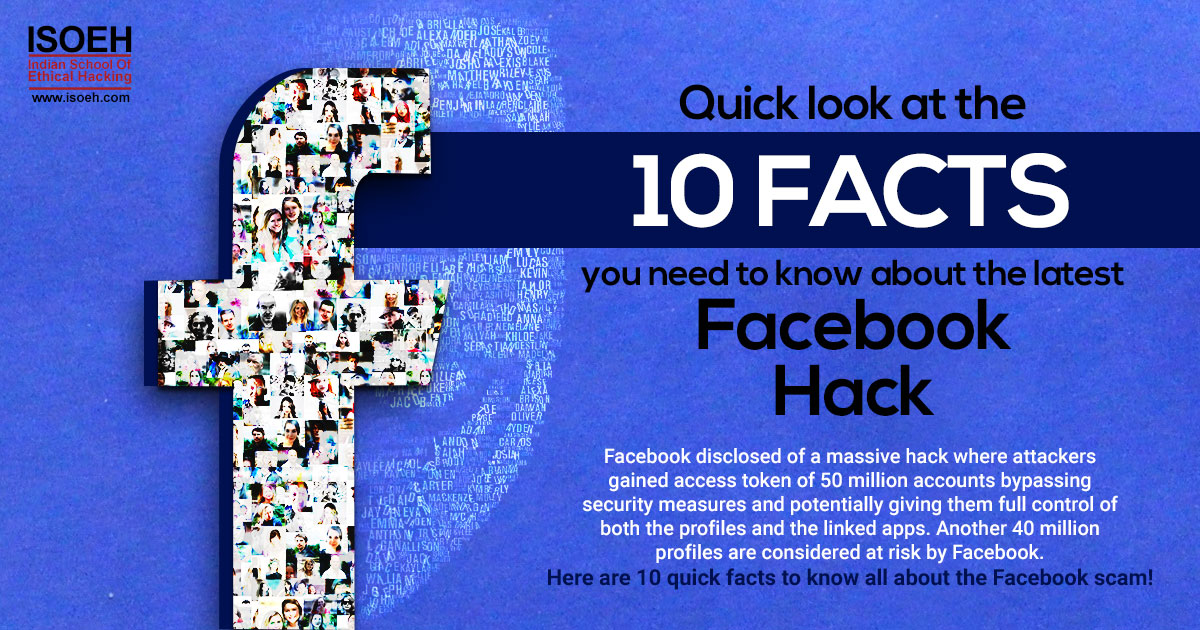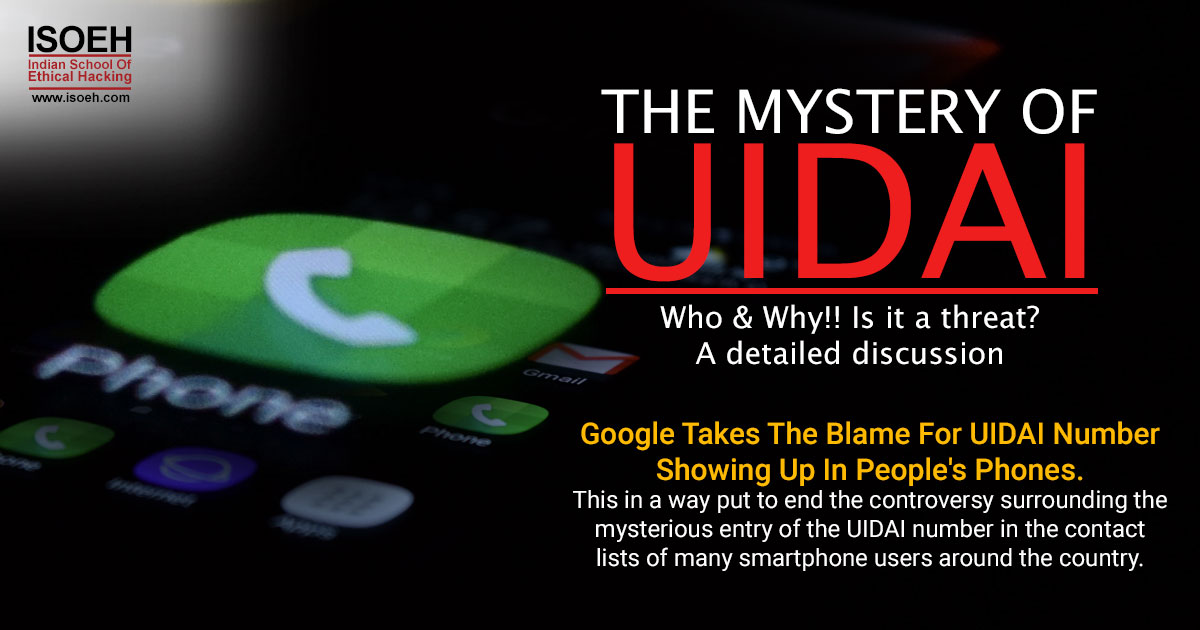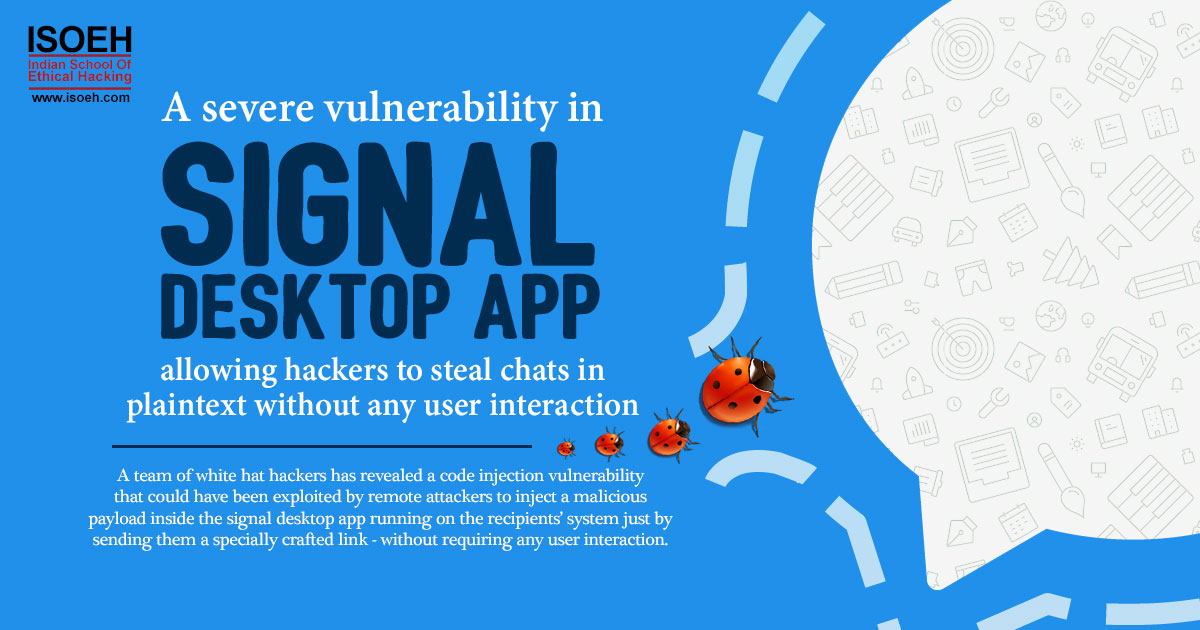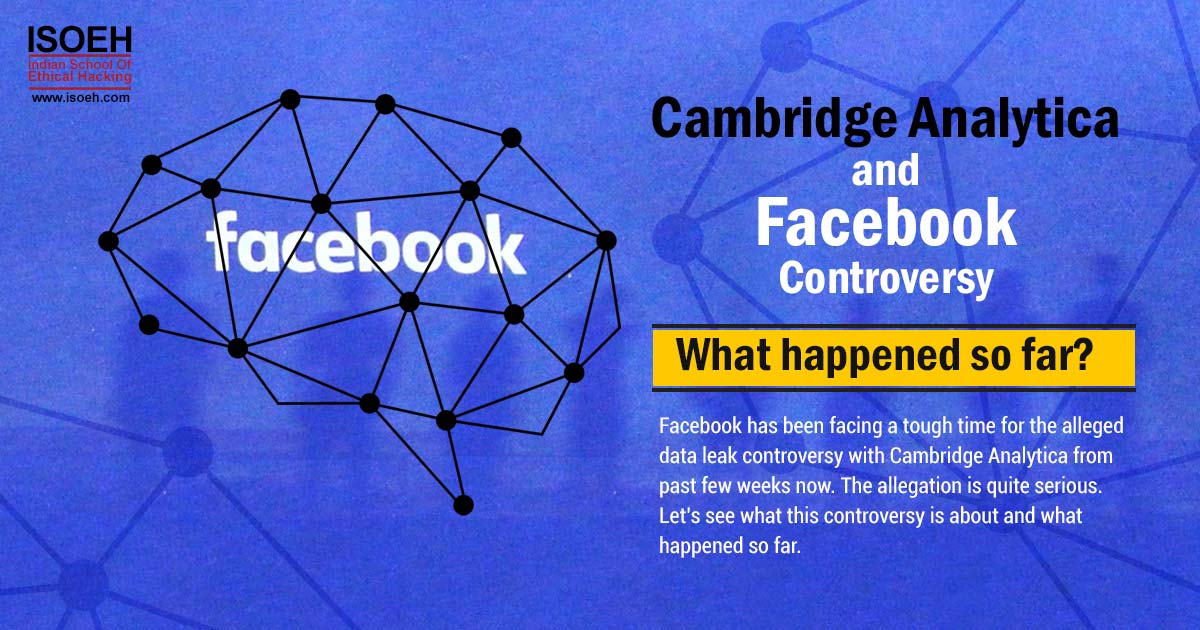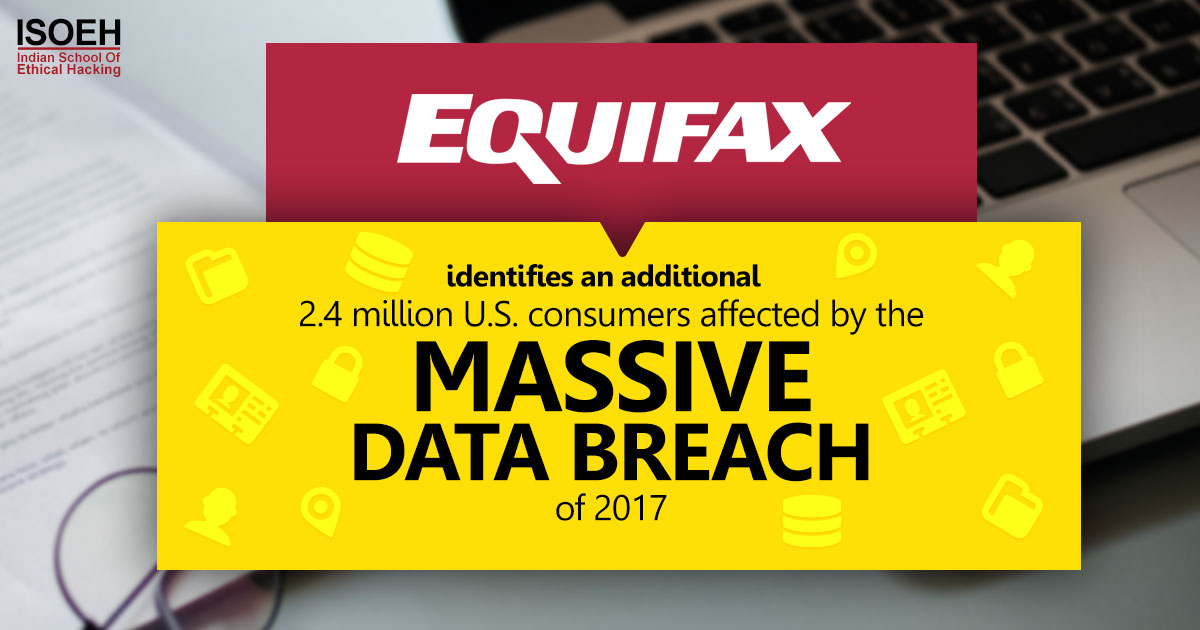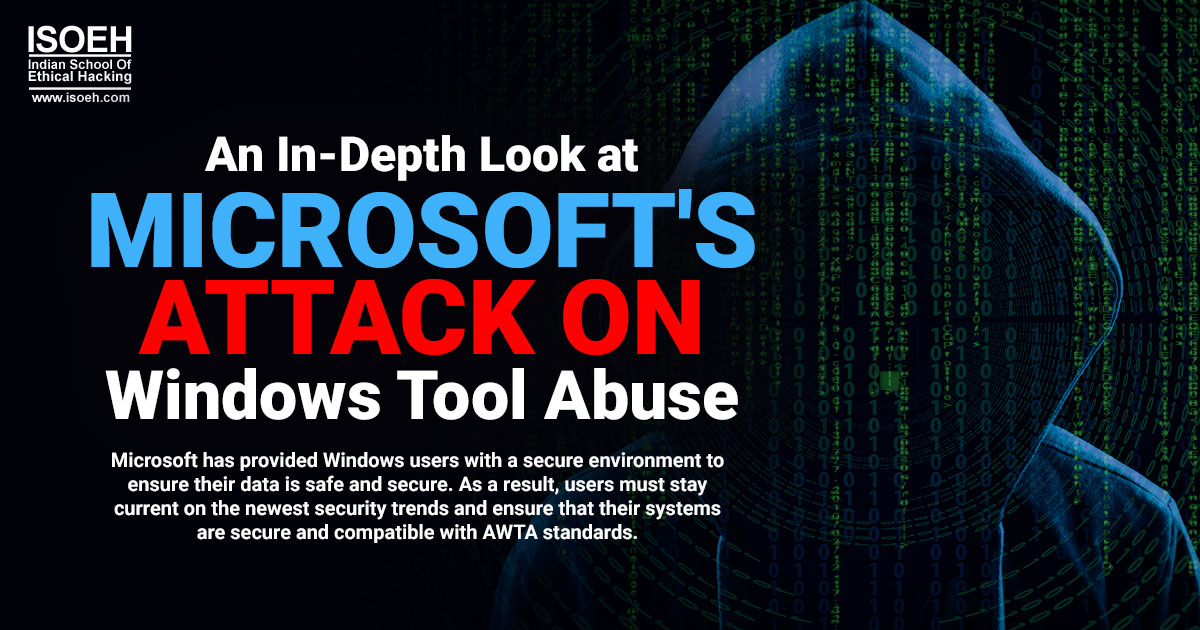
Microsoft has recently taken a strong stance against tool abuse on its Windows platform. This is an effort to safeguard the safety and security of its users, as well as a deterrent to criminal actors who may use these technologies for nefarious purposes.
"Threat actors have likely chosen the ms-app installer protocol handler vector because it can bypass mechanisms designed to help keep users safe from malware, such as Microsoft Defender SmartScreen and built-in browser warnings for downloads of executable file formats," Microsoft stated in a statement.
In this blog, we'll go over Microsoft's numerous strategies, the impact they've had so far, and the ethical hacking institute's certified ethical hacker course and ethical hacker training, which have been built to combat these hostile actors.
Examining the Need for Increased Security Measures
Because of the rise in cybercrime, the ethical hacking institute has witnessed a significant increase in demand for certified ethical hacker courses and ethical hacker training. Microsoft's offensive against Windows Tool Abuse is in response to the rising need for more secure computers. It is intended to increase security measures on Windows computers by identifying unauthorised user actions and malicious assaults.
After discovering financially motivated hacker organisations Storm-0569 (Access Broker), Storm-1113 (Threat Actor), and Storm-1674 (Access Broker) using it to disseminate malware, Microsoft disabled a function intended to expedite app installation. When the protocol is disabled, Windows software cannot be installed directly from a server onto a device. Instead, users must first download the software package before running App Installer. Microsoft has found several tools that allow attackers to obtain unauthorised access to networks, programs, files, and other resources. It provides extra assistance by delivering services such as intrusion detection, vulnerability scanning, and malware protection.
Detecting any abnormal activity within the system, helps protect against malicious attacks and unauthorised access. Microsoft also often releases new security upgrades for its Windows operating system. These updates are intended to correct any flaws or vulnerabilities that an attacker could exploit. The most recent version addresses the infamous BlueKeep weakness, which was discovered earlier this year and allows attackers to execute malware with administrative capabilities on susceptible systems without authentication.
Microsoft has also added additional safeguards, such as two-factor authentication, for people who access their cloud services from outside their corporate network. This helps verify that users access their accounts from a legitimate device and with a valid password before gaining access to sensitive data or business resources.
Microsoft now provides its Security Compliance Toolkit (SCT), which provides best practices for maintaining system security across many versions of Windows operating systems, including server platforms such as Windows Server 2016/2019/2021 and desktop versions such as Windows 10/8/7/Vista/XP, among others.
The SCT comprises configuration instructions for many system components like as firewall settings, local user accounts, group policies, and so on. This toolkit can help organisations better protect themselves against potential dangers such as unpatched software vulnerabilities or zero-day assaults from hackers or malware creators.
In today's mostly digital world, when hackers have become increasingly competent at exploiting even tiny holes in computer systems, the need for stronger security measures cannot be overstated.
Organisations now have access to sophisticated tools that allow them to increase their defences against cyber-attacks while still utilising cutting-edge technological solutions that deliver optimum efficiency and performance, thanks to initiatives such as Microsoft's War on Window Tool Abuse.
Microsoft's Attack on Windows Tool Misuse (AWTA) programme has made significant progress in safeguarding Windows users from tool misuse. The organisation has taken steps to secure system configurations, collect suspicious activity data, and limit access to highly privileged accounts.
Microsoft has provided Windows users with a secure environment to ensure their data is safe and secure. As a result, users must stay current on the newest security trends and ensure that their systems are secure and compatible with AWTA standards. This will assist them in protecting their data from unethical hackers and their system from any prospective risks.
Hacking Tools
Explore All Hacking Tools »
UFTP is an encrypted multicast file transfer program for secure, reliable & efficient transfer of files. It also helps in data distribution over a satellite link.
Read DetailsBreaking News
Breaking News Of Each Month »
The recent pandemic was unexpected and unknown to most part of the world. It has changed our life and we are slowly adapting to our new lifestyle. The risks associated with the new lifestyle, both personal & corporate, are unknown to most of us.
Read Details


